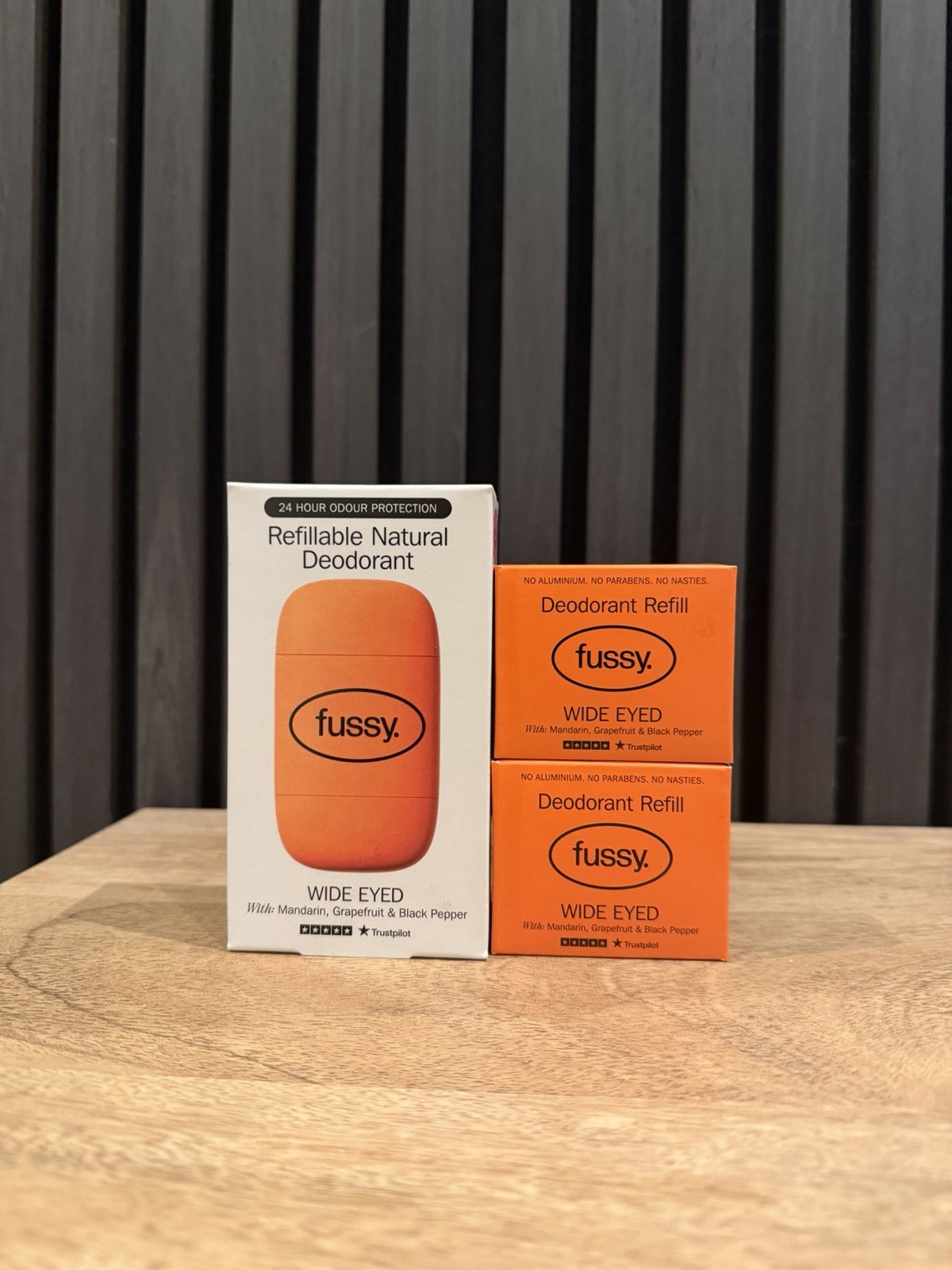
Wide Eyed
Bright citrus with mandarin, grapefruit and black pepper
Honest reviews and expert guides to help you switch to natural deodorants that actually work. Good for you, good for the planet.

Our highest-rated eco-friendly deodorants

Bright citrus with mandarin, grapefruit and black pepper
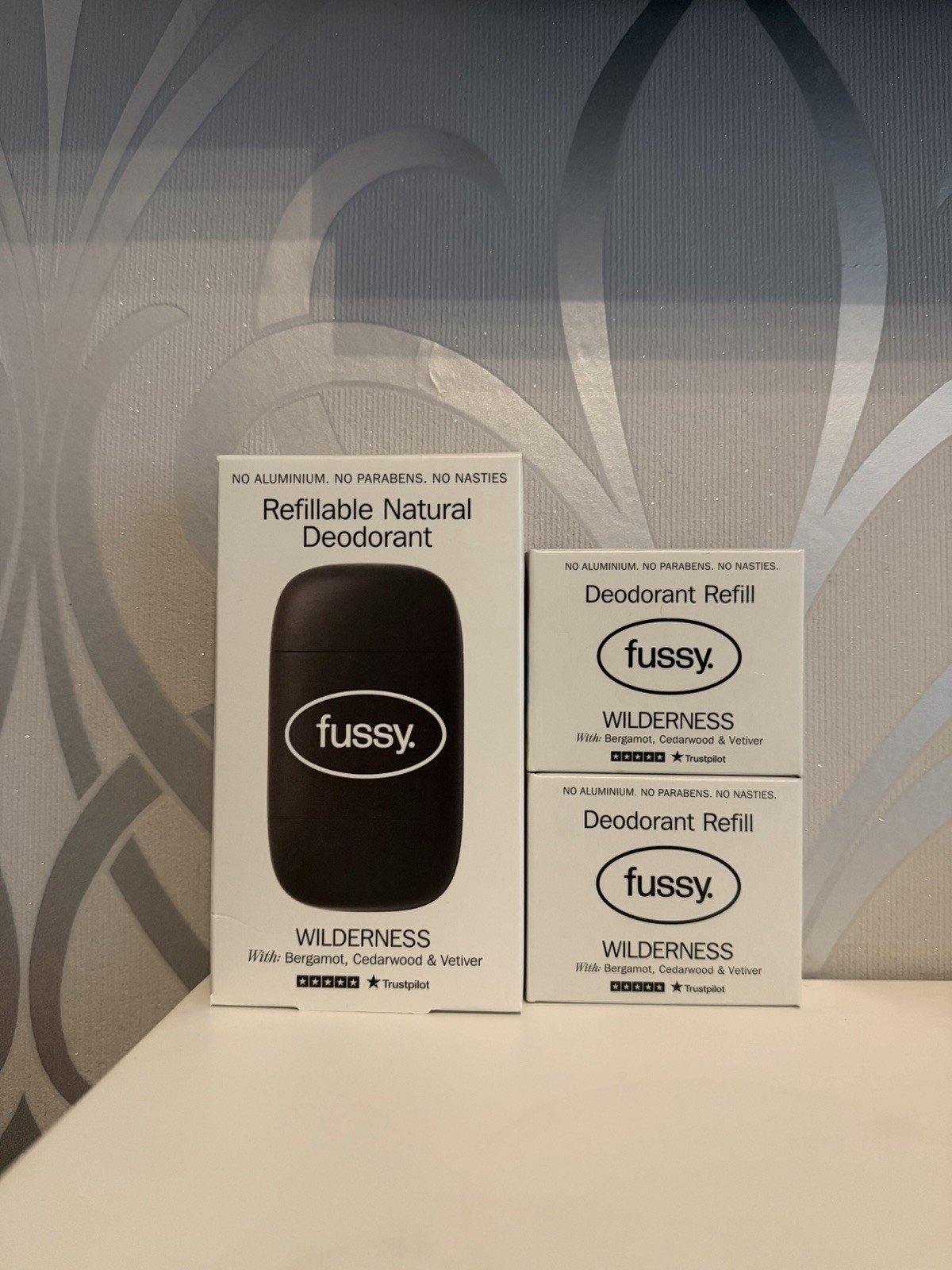
Fresh bergamot with cedar wood and vetiver

Coconut, Muguet, Vanilla Cream
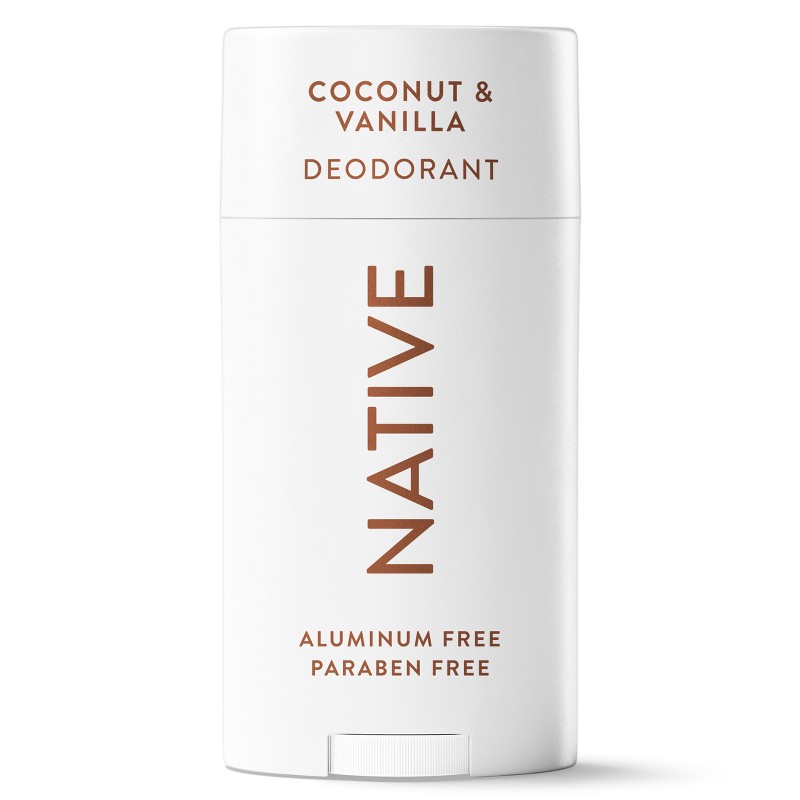
Sweet coconut with warm vanilla
Finding the right natural deodorant doesn't have to be overwhelming
Answer a few questions about your lifestyle, skin type, and preferences to get personalized recommendations.
Every product is tested thoroughly. We rate on smell, longevity, sweat control, sustainability, and more.
Compare products side-by-side and find the perfect deodorant for your unique needs and values.
Trusted eco-conscious brands we review

The refillable deodorant that actually works.
13 products

Clean, simple, effective. Deodorant that's good for people and planet.
37 products

Refillable natural deodorant. Good for you, good for the planet.
22 products

Take our quick quiz and get personalized deodorant recommendations based on your lifestyle, skin type, and eco-priorities.
Expert guides for your natural deodorant journey

Everything you need to know about aluminium in antiperspirants - the science, the concerns, and why millions are switching to aluminium-free alternatives.
9 min read
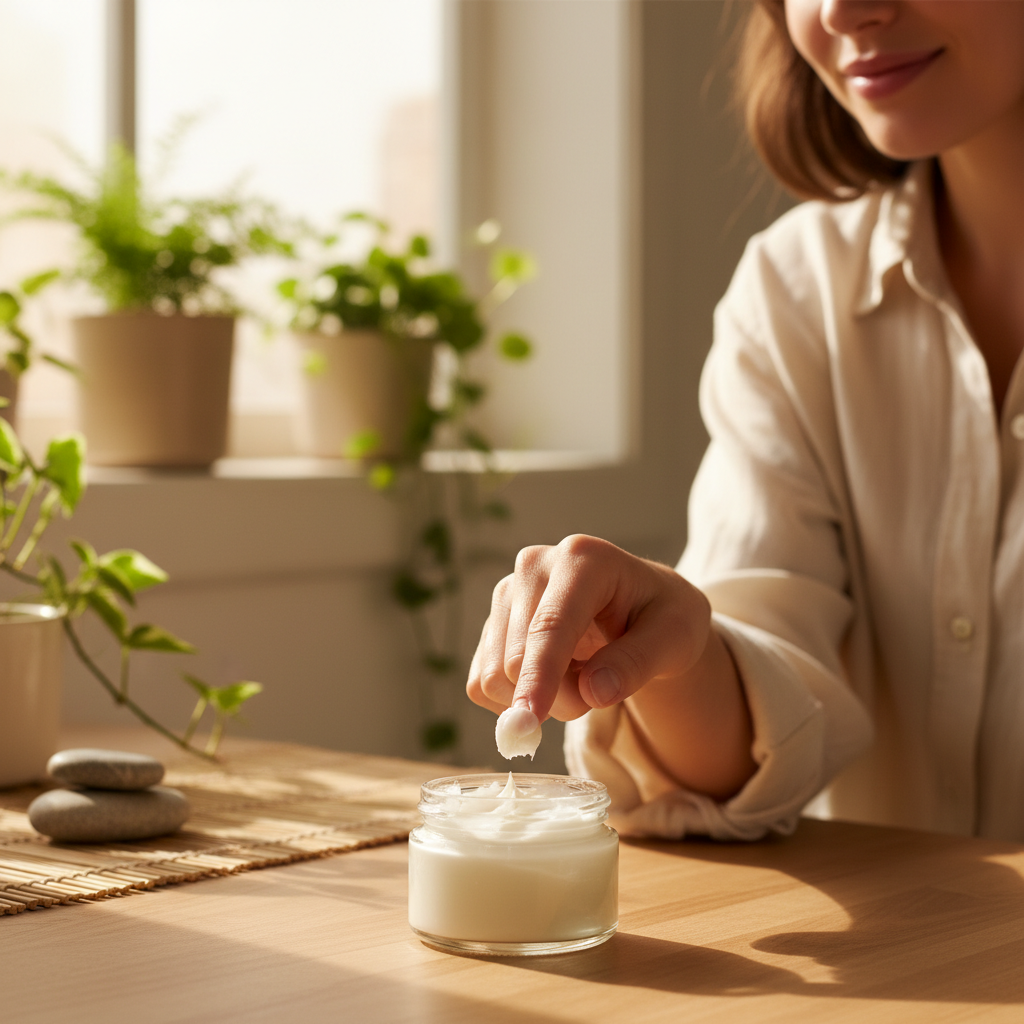
New to DIY deodorant? This beginner-friendly guide explains why homemade natural deodorant works, what ingredients you need, and how to make your first batch with a simple recipe.
8 min read
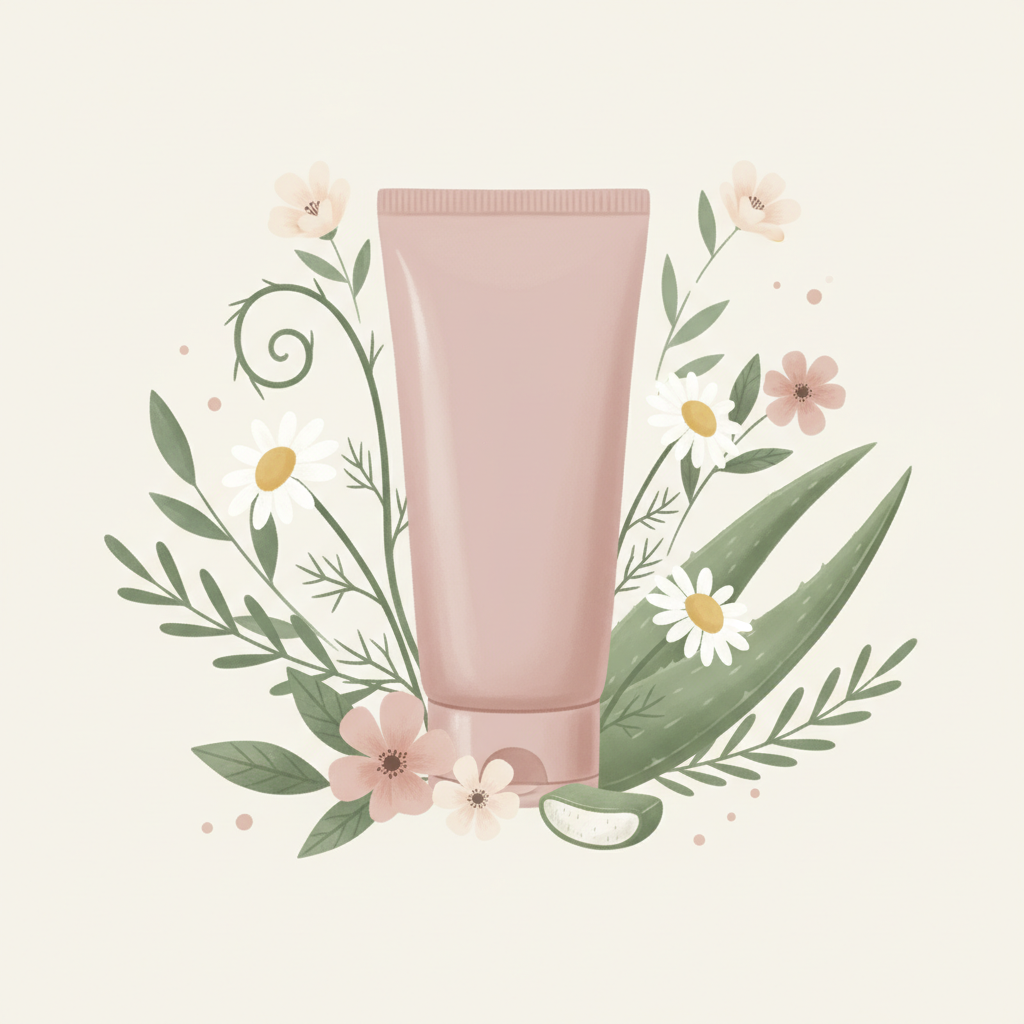
A complete guide to choosing deodorant for sensitive skin - ingredients to avoid, what actually works, and how to find products that won't irritate your underarms.
10 min read